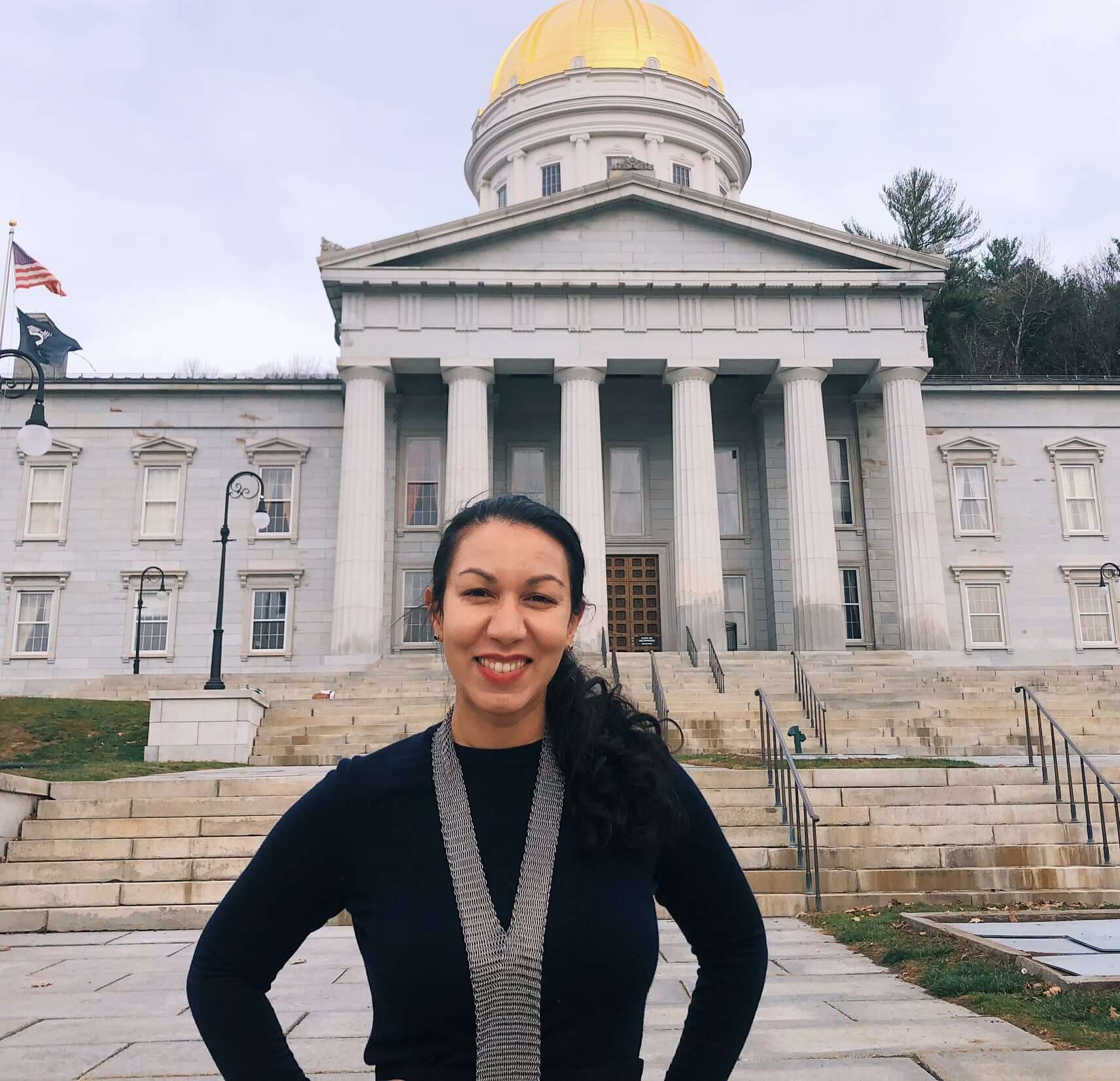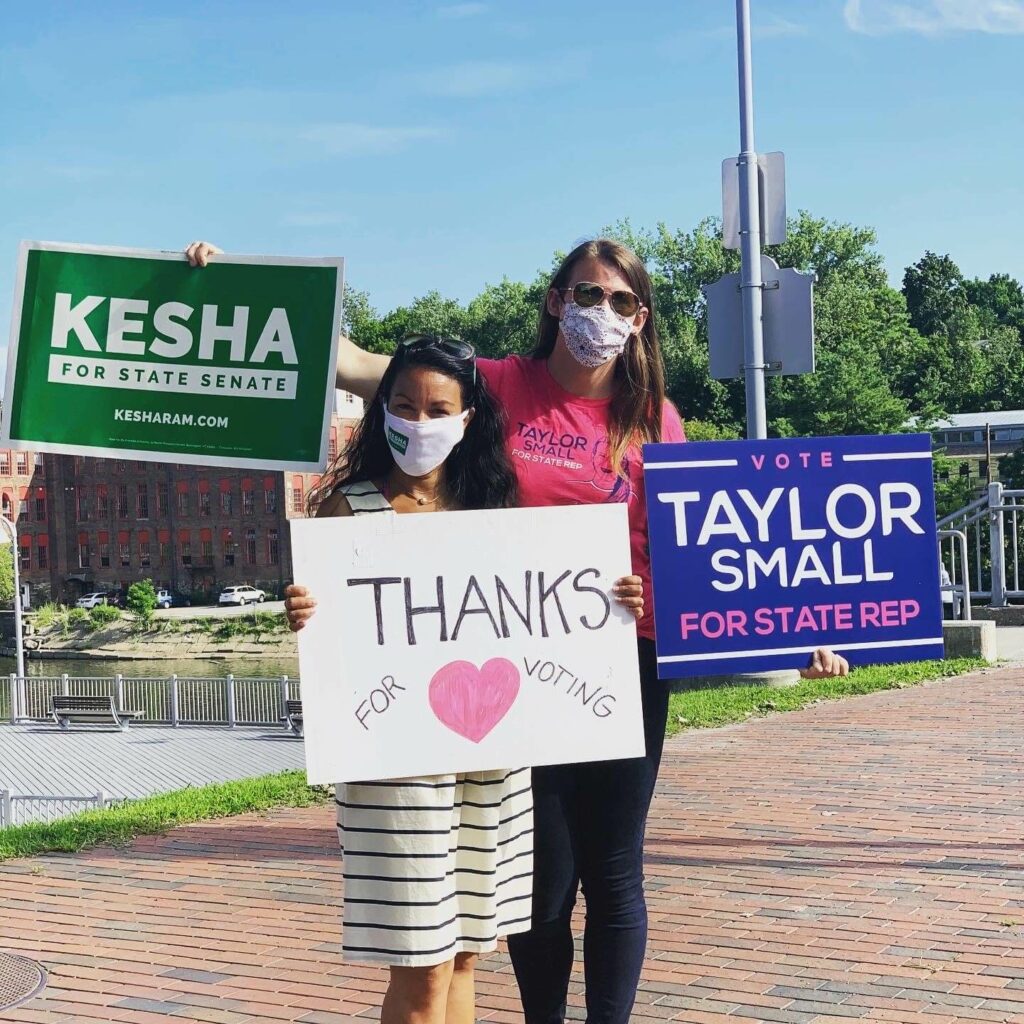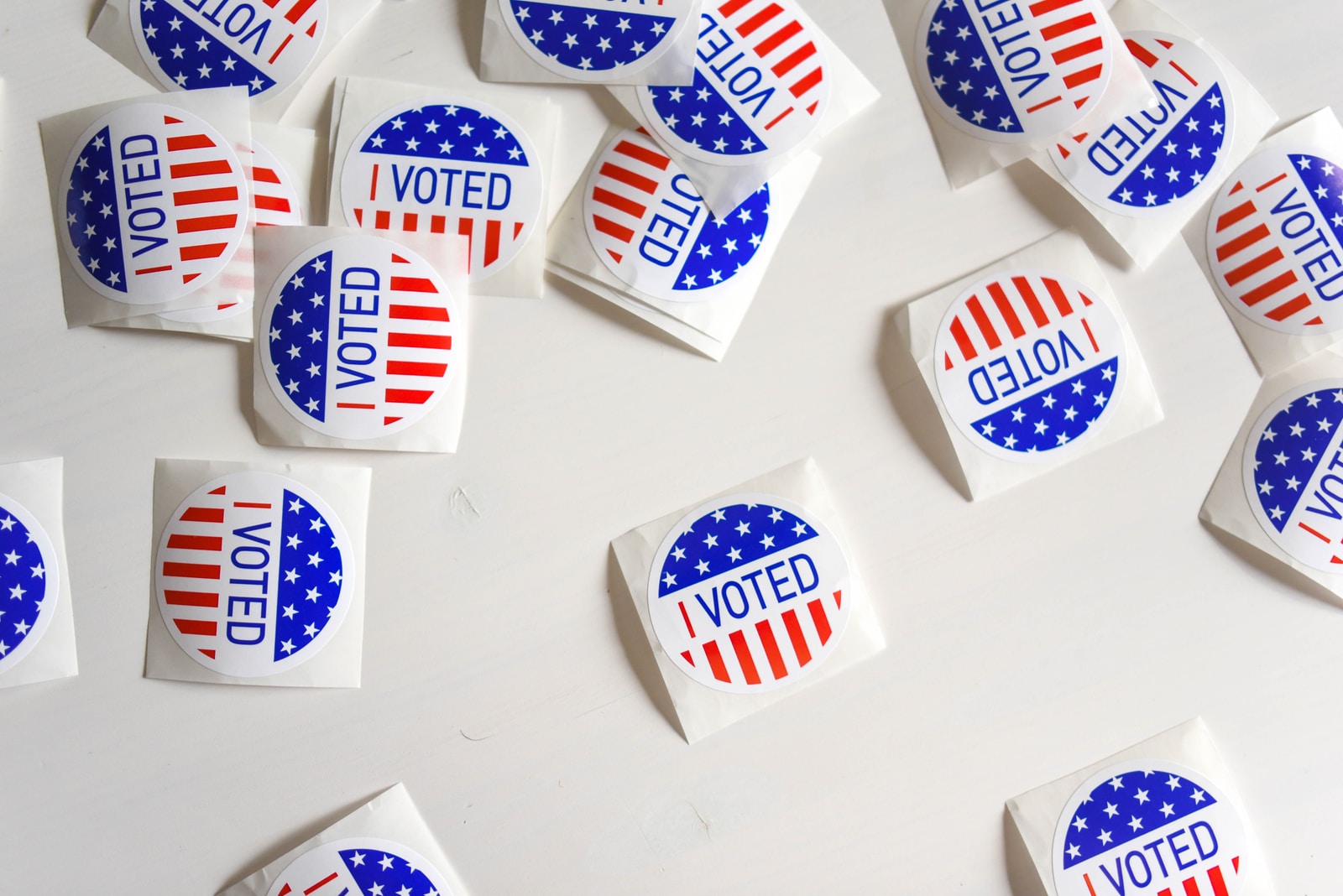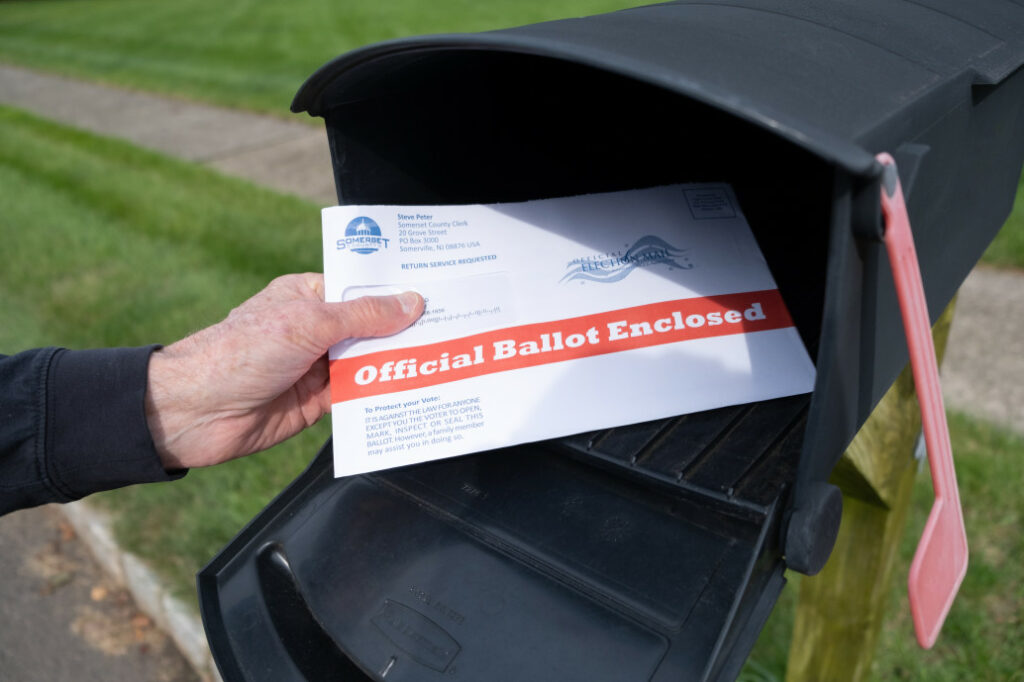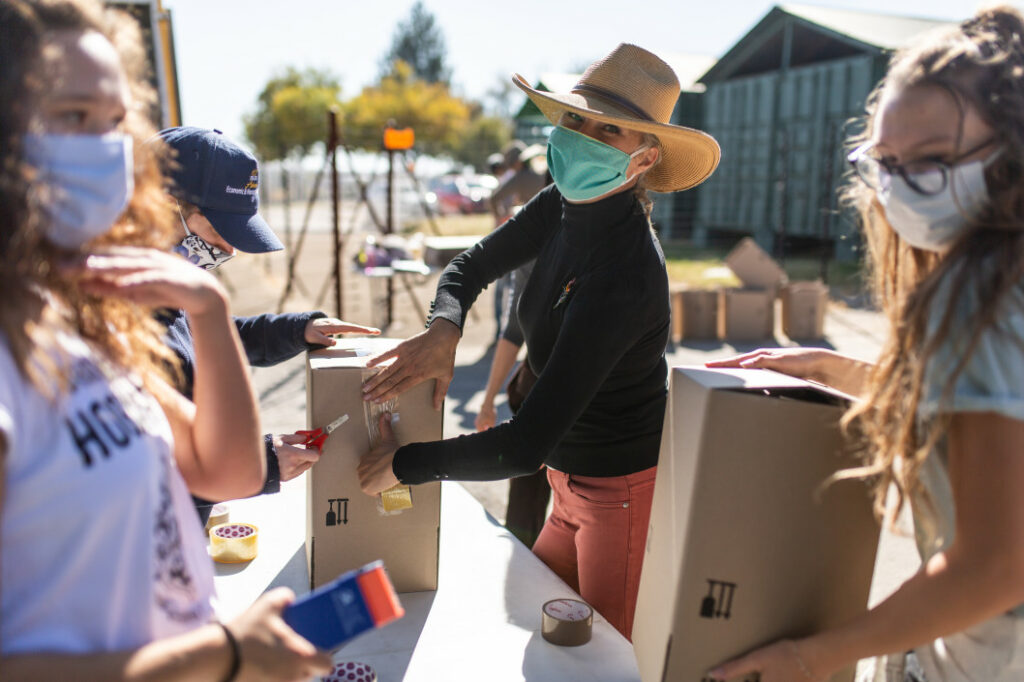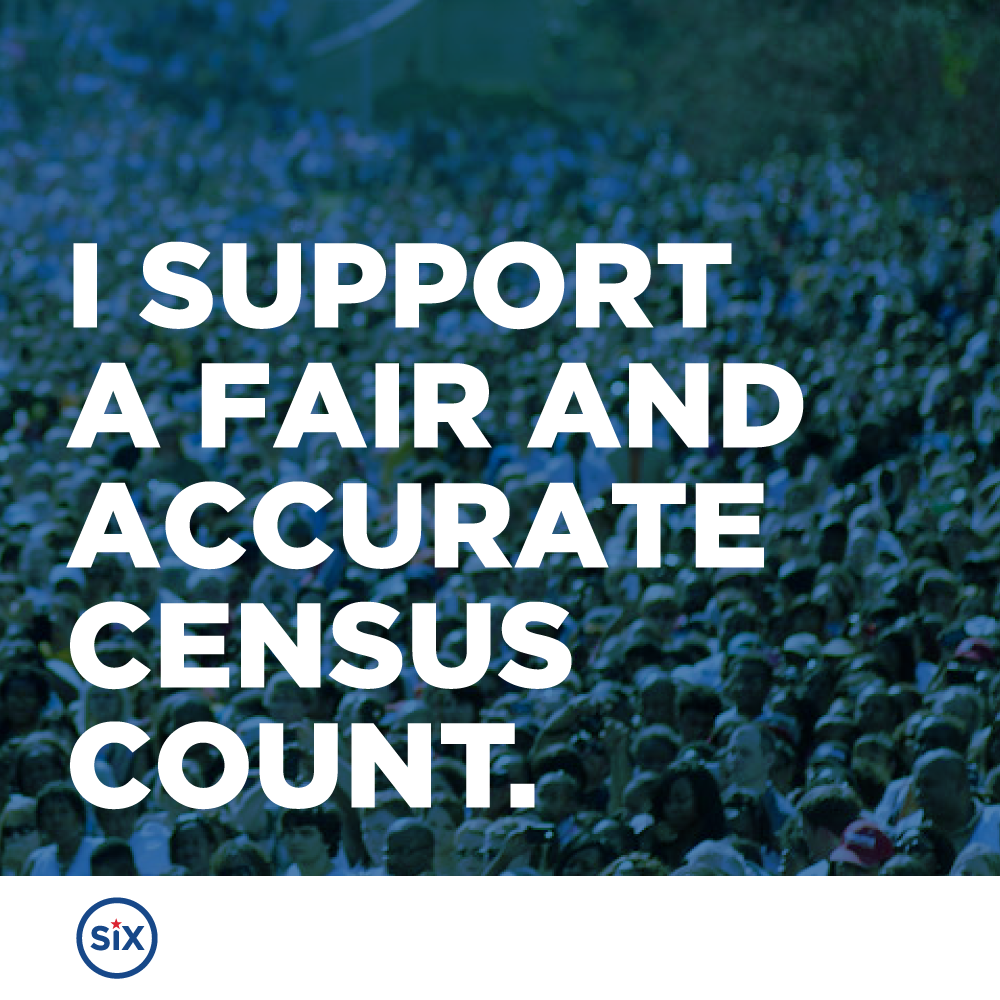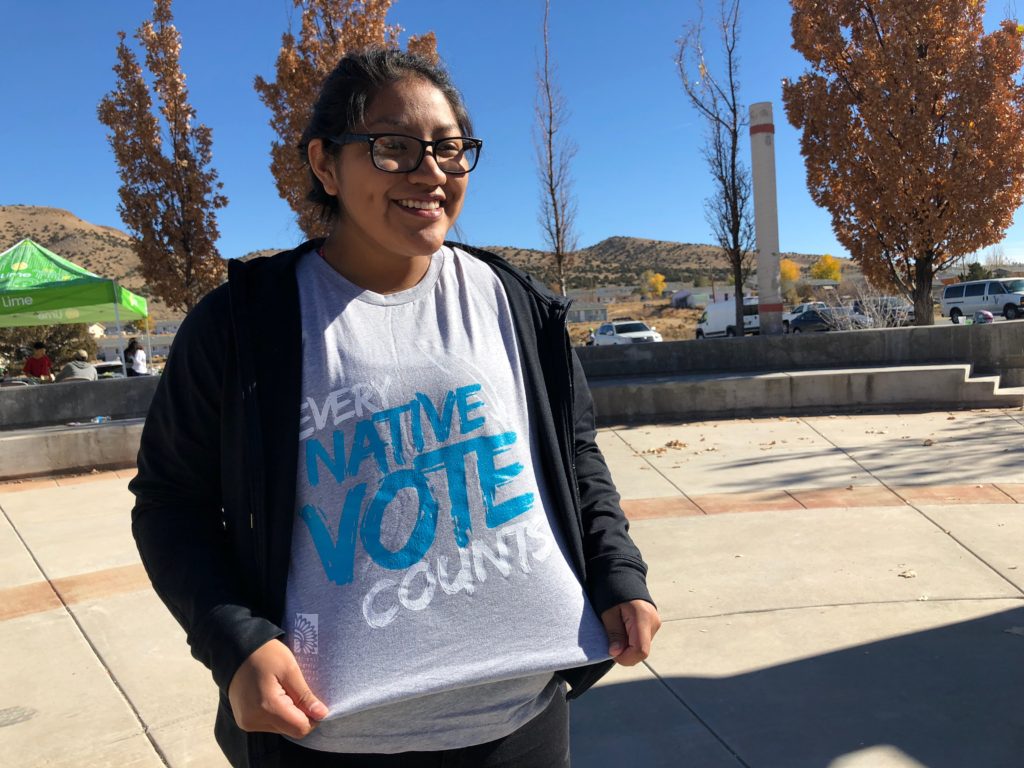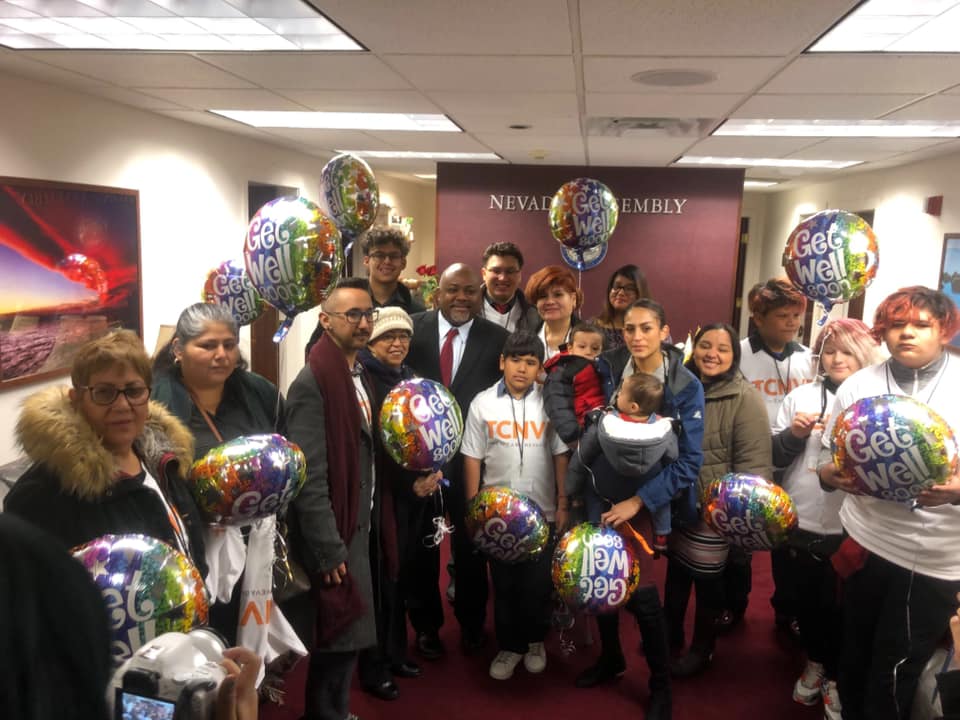Contents
As a consequence of the COVID-19 pandemic, a growing list of state legislatures have postponed session and legislators themselves have started testing positive for the virus. While some states quickly moved to remote sessions and amended open meeting laws to prevent crowds at state capitols, many are struggling to make this transition in a transparent and accessible manner. Other states have limited or no government continuity plans in place, and some are grappling with constitutions or state laws that appear to prohibit remote governance and voting altogether.
While this is an unprecedented time in American history, where preserving the public health and the continuity of government collide, it will not be the last time that legislatures must shift how they do business. At extraordinary moments like today, state legislatures must adopt methods of flexible, remote governance while prioritizing transparency and public access.
State legislatures adapting to the new reality of governance can learn from early experiences, challenges, and critiques that other state and local governments have faced in the early weeks of the COVID-19 pandemic. We recognize that shifting your state’s approach to governance will not be easy and that there will be hiccups and mistakes along the way. To anticipate and overcome these challenges and to find viable solutions to keep government working and accessible, we encourage state legislators to work with their executive branch counterparts, state technology officers, local officials, state/local advocates, peer legislators from across the country, and of course, SiX.
After reading this blog, email democracy@stateinnovation.org with your remaining questions and your asks for direct support. We are all taking this transition one step at a time, and we want to meet you and your state where you are.
Considerations for Transparent & Accessible Governance in Emergencies
Common Cause released a strong set of transparency recommendations for national, state, and local officials to follow when transitioning to remote forms of governance and adjusting open meeting laws. SiX strongly recommends that state legislatures consider these guidelines when setting up new, emergency governance structures:
- “Postpone non-priority government action until the state of emergency has ended.
- Provide widespread public notice of scheduled government proceedings.
- Provide public access to observe government proceedings via live and recorded video available on government websites. [This requirement must apply in cases where public officials continue to meet in person but the public cannot be present for public health purposes.]
- Provide public ability to participate in government proceedings via videoconference where possible and, at a minimum, via telephone and submission of written testimony.
- Require all members of a public body participating in a meeting or proceeding to be clearly audible and visible at all times, including to the public.
- At the start of the meeting, require the chair to announce the names of any members of the public body participating remotely.
- In the event audio or video coverage of a proceeding or meeting is interrupted, require the presiding official to suspend discussion until audio/video is restored.
- Require all votes to be roll call votes.
- At the beginning of any executive session, require all members of the public body to state that no other person is present or can hear them.
- Record all open sessions of meetings and make such recordings available to the public via government website.”
SiX also recognizes that, even by following the above principles, a rapid transition to remote governance can and will exacerbate barriers to participation in governance for many community members. While continuity of governance through remote voting and committee hearings is key as this crisis evolves, legislators must consider how this transition will impact equitable access for marginalized constituents and work to find creative solutions. This includes (but is not limited to) ensuring access for people with:
- poor internet connectivity;
- low technology proficiency or access;
- disabilities (e.g. vision or hearing loss); and
- limited English proficiency and lack of access to translation.
Examples of Remote Governance Transitions
Below we highlight several examples of rule changes, statutory changes, and executive orders that have enabled states to adapt and govern flexibly during the COVID-19 pandemic. Note that these are not perfect examples and many could benefit from stronger or clearer transparency provisions in line with the above guidance from Common Cause. That said, we hope sharing these examples offers a helpful base of information for other states to analyze and build on.
We will continue to update this list with new examples as more states make this transition and learn from each other.
Vermont
Vermont legislators and other public bodies must now convene electronically and provide virtual public access to all meetings. Legislators are primarily using Zoom to convene and deliberate. (This Tweet from a Vermont government reporter offers a taste of what remote legislating looks like!)
2020 Vermont H 681
Sec. 5. LEGISLATIVE INTENT; COVID-19 RESPONSE AND OPEN MEETINGS BILL AS PASSED BY THE HOUSE AND THE SENATE
It is the intent of the General Assembly that during the continued spread of coronavirus disease 2019 (COVID-19) in the State of Vermont public bodies should organize and hold open meetings in a manner that will protect the health and welfare of the public while providing access to the operations of government. Public bodies should meet electronically and provide the public with electronic access to meetings in lieu of a designated physical location. Accordingly, this act sets forth temporary Open Meeting Law procedures in response to COVID-19.
Sec. 6. OPEN MEETING LAW; TEMPORARY SUSPENSION OF DESIGNATED PHYSICAL MEETING LOCATION REQUIREMENTS
(a) Notwithstanding 1 V.S.A. § 312(a), during a declared state of emergency under 20 V.S.A. chapter 1 due to COVID-19:
(1) a quorum or more of the members of a public body may attend a regular, special, or emergency meeting by electronic or other means without being physically present at a designated meeting location;
(2) the public body shall not be required to designate a physical meeting location where the public may attend; and
(3) the members and staff of the public body shall not be required to be physically present at a designated meeting location.
(b) When the public body meets electronically under subsection (a) of this section, the public body shall use technology that permits the attendance of the public through electronic or other means. The public body shall allow the public to access the meeting by telephone whenever feasible. The public body shall post information on how the public may access meetings electronically and shall include this information in the published agenda for each meeting. Unless unusual circumstances make it impossible for them to do so, the legislative body of each municipality and each school board shall record its meetings held pursuant to this section.
(c) In the event of a staffing shortage during a declared state of emergency under 20 V.S.A. chapter 1 due to COVID-19, a public body may extend the time limit for the posting of minutes prescribed in 1 V.S.A. § 312(b)(2) to not more than 10 days from the date of the meeting.
Rhode Island
On March 16, Rhode Island Governor Gina Raimondo issued Executive Order 20-05 which relieved state/local officials from open meeting law prohibitions on the “use of telephonic or electronic communication to conduct meetings.” Though the Executive Order provided for virtual public access to government meetings, technical challenges and ambiguities to these rules became apparent in just the first week. Common Cause Rhode Island and the American Civil Liberties Union (ACLU) of Rhode Island quickly sent a letter to state officials urging modifications to the Executive Order including: clarifications to transparency requirements for government bodies that continue to meet in person but are no longer accessible to the public (i.e. because of closed capitols) and protocols to safeguard public participation in the event of technological glitches or connectivity issues (i.e. dropped video conference or conference call lines). Other states can anticipate and learn from the Rhode Island experience.
Pennsylvania
Pennsylvania lawmakers enacted multiple pieces of legislation to enable remote governance. Legislators in both the House and Senate are now able to vote on legislation and participate in committee hearings remotely. As of March 26, 2020, the State Capitol remained open for (in-person) session but a large portion of legislators intentionally participated remotely via video chat to enable social distancing.
2020 Pennsylvania HR 834 RESOLVED, That a member who is not present in the Hall of the House may designate either the Majority or Minority Whip to cast the member's vote on any question as to which there has been consultation between the Majority Leader and the Minority Leader; and be it further
RESOLVED, That, after consultation between the Majority Leader and the Minority Leader, if the process permitted for designated voting under this temporary rule is not agreed upon, the vote shall be cast pursuant to the Rules of the House of Representatives in existence on March 15, 2020; and be it further
RESOLVED, That a designation shall be accomplished by filing an attestation with the Chief Clerk which affirms that the member will not be present in the Hall of the House and identifies either the Majority or Minority Whip as the designee; and be it further [...]
RESOLVED, That, unless amended or revoked by the House, the temporary rules adopted in this resolution shall expire when the declaration of disaster emergency issued by the Governor on March 6, 2020, is terminated by executive order, proclamation or operation of law.
2020 Pennsylvania S.R. 318 RESOLVED, That, notwithstanding Rule 14(h) of the Senate, members may remotely participate in committee meetings as follows: remote participation means simultaneous, interactive participation in a committee meeting by committee members not physically present at the location of the meeting, through means of communication technologies designed to accommodate and facilitate such simultaneous, interactive participation; committee members participating remotely shall be counted for the purpose of determining a quorum; a quorum shall be established through a roll call; and technology employed for remote committee meetings must safeguard the integrity of the legislative process and maintain the deliberative character of the meeting by providing for simultaneous, aural and verbal communication among all participants.
Maine
Before adjourning early for 2020, Maine lawmakers enacted legislation to allow public bodies covered by the state’s open meeting law to conduct business remotely provided that the public is given advance notice, all participating members are able to hear and speak to one another, there is a clear method of electronic public participation, and all official votes are taken by roll call.
2020 Maine LD 2167 §403-A. Public proceedings through remote access during declaration of state of emergency due to COVID-19
1. Remote access. Notwithstanding any provision of law or municipal charter provision or ordinance to the contrary, during a state of emergency declared by the Governor in accordance with Title 37-B, section 742 due to the outbreak of COVID-19, a body subject to this subchapter may conduct a public proceeding through telephonic, video, electronic or other similar means of remote participation under the following conditions:
A. Notice of the public proceeding has been given in accordance with section 406, and the notice includes the method by which the public may attend in accordance with paragraph C;
B. Each member of the body who is participating in the public proceeding is able to hear and speak to all the other members during the public proceeding and members of the public attending the public proceeding in the location identified in the notice given pursuant to paragraph A are able to hear all members participating at other locations;
C. The body determines that participation by the public is through telephonic, video, electronic or other similar means of remote participation; and
D. All votes taken during the public proceeding are taken by roll call vote.
2. Application to legislative proceedings. This section does not apply to public proceedings of the Legislature, a legislative committee or the Legislative Council, except that while the state of emergency as set out in subsection 1 is in effect, the Legislature, a legislative committee or the Legislative Council may restrict attendance by the public to remote access by telephonic, video, electronic or other similar means. This section also does not apply to town meetings held pursuant to Title 30-A, section 2524 or regional school unit budget meetings pursuant to Title 20-A, section 1483.
3. Repeal. This section is repealed 30 days after the termination of the state of emergency as set out in subsection 1.
Nebraska
On March 17, 2020, “Governor Pete Ricketts issued an executive order [(Executive Order No. 20-03)] to permit state and local governmental boards, commissions, and other public bodies to meet by videoconference, teleconference, or other electronic means through May 31, 2020. The Governor’s order stipulated that all such virtual meetings must be available to members of the public, including media, to give citizens the opportunity to participate as well as to be duly informed of the meetings’ proceedings. The Governor’s order did not waive the advanced publicized notice and the agenda requirements for public meetings [(set forth in (Neb. Rev. Stat. § 84-1411)].”
New Jersey
The New Jersey legislature enacted a fairly simple statute to allow lawmakers to use technology or electronic means to conduct business if the Governor has declared a state of emergency. It does specifically outline transparency requirements. Lawmakers simultaneously enacted a law that allows local government bodies to govern remotely as well (see 2020 New Jersey A 3850).
2020 New Jersey A 3852
b. All sessions of the Legislature shall be held at Trenton or, on a temporary basis, for ceremonial or commemorative purposes or, notwithstanding section 1 of P.L.1963, c.118 (C.52:1-1.1), by reason of emergency or other exigency, at such other locations in the State as shall be designated by the Legislature by concurrent resolution.
c. During a period of emergency or exigency, as determined by the Governor pursuant to the laws of this State or by the Legislature pursuant to concurrent resolution, the Legislature may use any technology or electronic means to conduct its business or otherwise carry out its purposes, or to comply with the requirements of paragraph 6 of Section IV of Article IV or, for the purpose of ensuring the continuity of governmental operations, of paragraph 4 of Section VI of Article IV of the Constitution of the State of New Jersey.
Texas
On March 16, 2020, Texas Governor Greg Abbott suspended provisions of the state’s open meeting law that requires “government officials and members of the public to be physically present at a specified meeting location,” while emphasizing key transparency provisions for remote meetings. According to the Governor’s office:
- “Members of the public will be entitled to participate and address the governmental body during any telephonic or videoconference meeting.”
- “To hold a telephonic or videoconference meeting, a governmental body must post a written notice that gives the public a way to participate remotely, such as a toll-free dial-in number, and that includes an electronic copy of any agenda packet that officials will consider at the meeting.”
- “A governmental body must provide the public with access to a recording of any telephonic or videoconference meeting.”
The directive also allows state and local officials to contact the Texas Department of Information Resources for information and support setting up teleconferences and video conferences. Governor Abbott invoked emergency authority under Texas Gov. Code § 418.016 to change these requirements.
Reads & Resources
- During COVID-19 State of Emergency, Transparency and Public Access to Government Proceedings Must Be Maintained, Common Cause, 3/18/20
- Letter to Rhode Island Governor Gina Raimondo Re: EO 20-05, Common Cause and ACLU of Rhode Island, 3/19/20
- As Lawmakers Fall Ill, Congress and State Legislatures Must Enact Continuity Plans, Demand Progress
- Memo: Continuity of Legislatures, Daniel Schuman, Demand Progress Policy Director, 3/17/20
- Legislative Sessions and the Coronavirus, National Conference of State Legislatures (NCSL)
- Continuity of Legislature During Emergency, NCSL
- States Suspend Legislatures Without Passing Emergency Coronavirus Legislation. Could Remote Voting Provide a Fix?, The Intercept, 3/19/20
- Virus Concerns Lead to 'Public' Meetings Without the Public, New York Times, 3/21/20
- States Adapt Governance and Public Access to Telecommuting in Wake of Coronavirus, CT Examiner, 3/19/20

